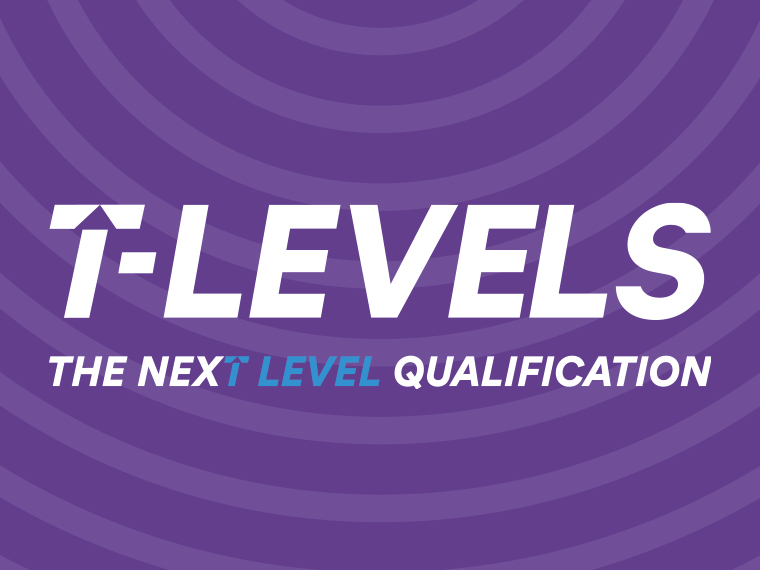
Industry Placements with T Levels: Information for Employers and Learners
Over the last few months, our T Level blog has focused on aspects including the difference between T levels and vocational courses, A Levels and T Levels: which one should I choose and last month we gave you an insight into how T levels can help you, with last month focusing on what T Levels RNN Group of Colleges is offering in September.
This month we are focusing on the industry aspect of T Levels with information on the placement that learners participate in, for both learners and employers.
T Levels are a combination of in-class study and work placement. T Level learners spend 80% of the course in the classroom, learning the essential skills that your employees need. The other 20% is a meaningful industry placement helping young people develop the knowledge, attitude and practical skills to thrive in the workplace. This is in direct contrast to Apprenticeships which focuses 80% of time in an industry role and 20% on theoretical aspects.
Employers have said that they face a skills shortage that could impact the future success of businesses. In response, the government has worked alongside hundreds of employers to design T Level courses that deliver skills that organisations need for the next generation to support with the skills gap.
At the heart of each course, every T Level student completes an industry placement that lasts a minimum of 315 hours (approximately 45 days); some courses have more intensive industry time such as education and childcare where the placement is 21 weeks/750h hours. Industry placements give employers a unique opportunity to help develop new talent in industry, and get young people work-ready.
Any employer in England can offer an industry placement to a T Level student.
Industry placements must take place in a work environment, so it’s a good idea for employers to offer placements via a T Level school or college that’s close to your organisation’s premises.
Before you offer a placement, you should make sure you’re happy with your responsibilities as an employer.
Employers can offer as many industry placements as they like. There may be certain business costs including time invested in planning, training and supervising, and employers can choose to pay the student if they wish.
Employers can offer a placement to any T Level student if you think it will be a meaningful placement. For example, your organisation does not have to have a digital focus to offer a Digital and IT student an industry placement.
Industry placements give employers a chance to work alongside the next generation of workers entering their industry, making sure they develop the knowledge, attitude and practical skills to succeed.
T Level learners can give you:
- Fresh ideas and input from the next generation
- A talent pipeline for the future
- A way for you to fill skills gaps
- A chance for staff to develop supervisory and mentoring skills
- An opportunity to build a more diverse workforce
- An enhanced reputation in your community
More than 2000 employers are already working with local schools and colleges to offer industry placements.
T level students develop an understanding of a broad range of issues relevant to the sector, as well as topics specific to the course and an occupational specialism.
Once a T Level learner has completed a T Level course, they will be able to progress onto:
- A skilled occupation
- Higher or degree level apprenticeships
- Further study including Higher Technical Qualifications or Higher Education conditions
For more information on our T Levels visit:
https://www.nnc.ac.uk/course-type/t-levels/
For more information on our Study programmes Levels 1-3 courses visit:
https://www.nnc.ac.uk/courses/
For more information on Apprenticeships:
https://www.nnc.ac.uk/course-type/apprenticeships/


